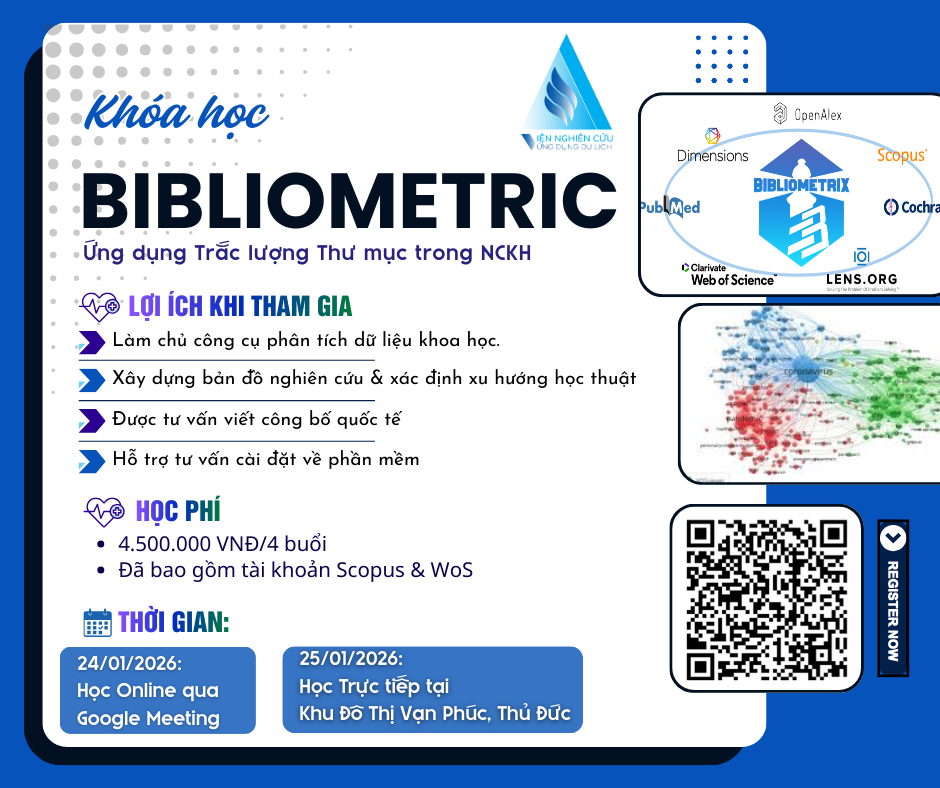This post is also available in:
Tiếng Việt (Vietnamese)
Agritourism is redefining the relationship between producers and consumers. This article explores the farm tour model and draws lessons from Sheraton Park Farms, USA.
A Longing to Return to the Land—And to Real Food
In an era where urban living has distanced people from the origins of their food, more and more consumers are expressing a desire to “return” to the land and reconnect with agriculture’s foundational values. Beyond eco-conscious consumption, they seek transparency, a first-hand view of production processes, and the opportunity to meet the real farmers behind their meals.
Agritourism has emerged to meet this need—a bridge between farms and consumers, between producers and a public seeking authenticity. Across the United States and globally, farm tours have evolved from a peripheral activity into a standalone tourism product: sustainable, educational, and experience-rich.
Open Farms, Built Trust
Modern farmers no longer need to invest hundreds of thousands of dollars into resorts or master public relations to host engaging agritourism experiences. Many now utilize their existing farms to create emotionally resonant visitor journeys. Guests are not invited merely to “observe,” but to walk alongside, learn, and grasp the philosophy behind every egg, cut of meat, or basket of vegetables.
Sheraton Park Farms in the United States began their farm tour program on a modest scale. Starting with just six pigs, they expanded over a few years to a farm hosting dozens of pigs, over 400 chickens, and other livestock. Remarkably, this journey was not capital-driven but knowledge-based—built through self-learning on YouTube, books, and seminars, with a strong belief that consumers do care about how their food is produced.
Their first “Friends and Family” tour attracted about 30 guests—both adults and children—and lasted two hours. It boosted on-site product sales and, more importantly, forged personal connections between visitors and farmers. A single visit, in many cases, becomes the start of a long-term relationship.
Value for Farmers: Beyond Profit
Organizing farm tours offers both direct and indirect benefits for farmers:
-
Supplemental Income: Many farms charge $8–$20 per visitor. This fee compensates for the farmer’s time and effort in hosting the tour.
-
Increased Product Sales: Visitors who understand the production process are more inclined to buy on-site, subscribe long-term, or recommend to others.
-
Personal Branding: Farmers become more than producers—they are storytellers. In the context of modern marketing, this narrative power is invaluable.
-
Loyal Customer Community: Tours are not just sales moments; they initiate loyal, lasting relationships.
-
Educational and Inspirational Opportunities: Many farmers say what they enjoy most is sharing knowledge and inspiring younger generations.
Value for Visitors: Learn – Understand – Connect
It’s no coincidence that farm tours are particularly popular with families, schools, and tourists seeking “meaningful travel.” Benefits for participants include:
-
Understanding Food Origins: Concepts like “clean meat” or “organic eggs” become tangible and verifiable.
-
Immersive Hands-on Experience: From milking goats and feeding chickens to touching hay bales—every activity stirs curiosity and delight.
-
Personal Connection: Conversations with farmers allow guests to ask questions they’ve never received answers to—from a supermarket shelf.
-
On-site Tasting: Some farms offer fresh juices, cheeses, grilled meats for sampling—a persuasive form of “quality marketing.”
What Makes a Successful Farm Tour?
Hosting a farm tour is more than simply opening the gate. Farmers must prepare carefully:
-
Clean and Safe Environment: The farm doesn’t need to be flawless but should offer clean paths, child-safe zones, and clearly marked restricted areas.
-
Well-structured Itinerary: Include a warm welcome, a logical tour route, key highlights, break time, and product sampling.
-
Confident Communication: Even introverted farmers can enhance the experience by practicing storytelling and guided narration.
-
Legal Protection: Liability insurance and compliance with visitor regulations are essential to mitigate risks.
-
Friendly Atmosphere: Sometimes, a glass of water, a bunch of grapes, or a small photo corner can make guests feel genuinely valued.
Connecting Not Just Through Food, But Through Experience
Agritourism allows consumers to access traceable, transparent food sources while opening a space for learning, empathy, and shared understanding. In a technology-driven age, authentic experiences are more valuable than ever—and farmers, with their land and stories, are uniquely positioned to offer them.
When properly developed, farm tours do more than boost income. They rebuild trust in food systems, promote sustainable living, and reconnect increasingly separated urban and rural communities.
Sometimes, a simple farm visit can spark profound change: in how we consume, how we perceive farmers, and how we imagine the future of food.










